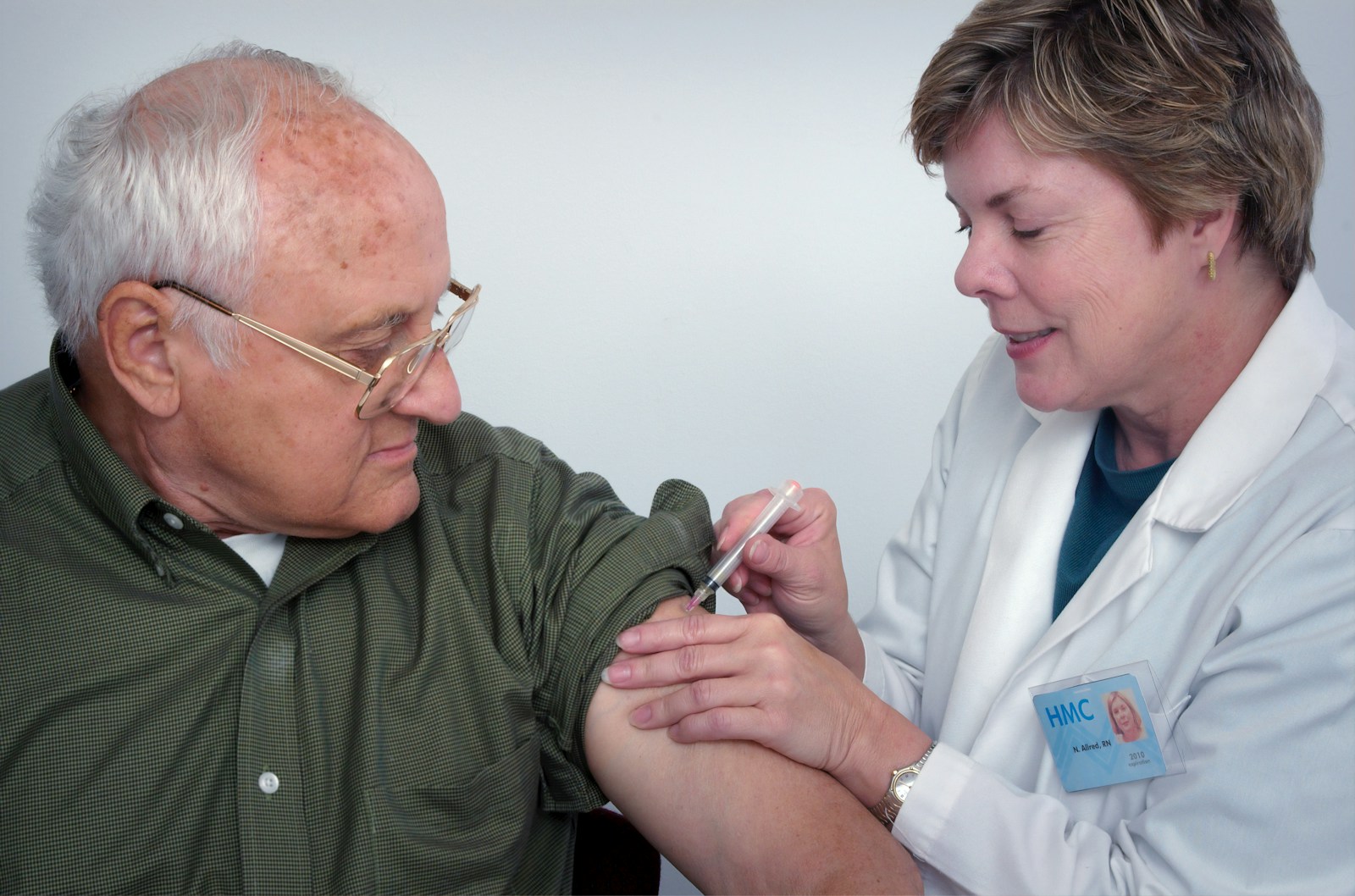Public health is a vital field that focuses on improving the health and well-being of communities through prevention, education, and policy development. Pursuing a degree in public health offers individuals the opportunity to make a significant impact on community health outcomes. From addressing health disparities to enhancing disease prevention efforts, public health professionals play a crucial role in promoting a healthier society. In this article, we will explore the value of a public health degree and its impact on community health.

Understanding the Significance of a Public Health Degree
A public health degree provides individuals with the knowledge and skills necessary to address complex health challenges at the population level. Students learn about epidemiology, biostatistics, health policy, environmental health, and social and behavioral sciences. This interdisciplinary approach equips graduates with a comprehensive understanding of the factors that influence health outcomes and the strategies to improve them.
Examining the Role of Public Health Professionals
Public health professionals play a crucial role in promoting and protecting the health of communities. They work in various settings, including government agencies, non-profit organizations, healthcare institutions, and academia. These professionals develop and implement programs and policies to prevent disease, promote healthy behaviors, and address public health emergencies.

Analyzing the Impact on Community Health Outcomes
The work of public health professionals has a direct impact on community health outcomes. By identifying and addressing health disparities, promoting healthy lifestyles, and implementing evidence-based interventions, public health practitioners contribute to the overall well-being of populations. Their efforts lead to reduced mortality rates, improved quality of life, and increased access to healthcare services.
Importance of Education in Public Health Practice
Education is a cornerstone of public health practice. A public health degree provides individuals with the knowledge and skills necessary to address the diverse health needs of communities. By staying abreast of the latest research and best practices in the field, public health professionals can develop effective strategies to improve population health outcomes.
Addressing Health Disparities Through Public Health
One of the key roles of public health professionals is to address health disparities and inequities within communities. By identifying the social, economic, and environmental factors that contribute to poor health outcomes, public health practitioners can develop targeted interventions to improve health equity and access to care for underserved populations.
Enhancing Disease Prevention and Health Promotion
Public health professionals play a critical role in disease prevention and health promotion efforts. Through community education, vaccination campaigns, and early detection programs, they help reduce the spread of infectious diseases and chronic conditions. By promoting healthy behaviors and lifestyle choices, public health practitioners empower individuals to take control of their health.

Influence of Policy and Advocacy in Public Health
Public health professionals advocate for policies that promote health and safety within communities. By working with policymakers, stakeholders, and the public, they help shape laws and regulations that support healthy behaviors and environments. Policy changes, such as smoke-free ordinances and nutrition standards, can have a significant impact on population health outcomes.
Advancing Public Health Research and Innovation
Public health research is essential for advancing our understanding of health issues and developing effective interventions. Public health professionals conduct research studies, analyze data, and disseminate findings to inform practice and policy. By fostering a culture of innovation and collaboration, they contribute to the development of new strategies and interventions to improve community health.
Strengthening Community Engagement and Partnerships
Public health professionals collaborate with community organizations, healthcare providers, and government agencies to address health challenges at the local level. By building partnerships and engaging with community members, they can better understand the unique needs and priorities of diverse populations. These collaborations facilitate the development and implementation of tailored interventions that address community-specific health concerns.

Evaluating the Cost-Effectiveness of Public Health Programs
Public health programs must be cost-effective to ensure sustainable outcomes and resource allocation. Public health professionals conduct cost-benefit analyses, evaluate program effectiveness, and assess return on investment to inform decision-making. By demonstrating the value of public health interventions, they can secure funding and support for programs that make a meaningful impact on community health.
Building a Sustainable Public Health Infrastructure
A strong public health infrastructure is essential for responding to public health emergencies and promoting population health. Public health professionals work to build and strengthen this infrastructure by developing surveillance systems, training healthcare providers, and coordinating response efforts. By investing in a robust public health system, communities can better prepare for and address health threats.
Fostering a Culture of Health and Well-being in Society
Public health professionals play a critical role in fostering a culture of health and well-being in society. By promoting healthy behaviors, advocating for social and environmental changes, and empowering individuals to take control of their health, they contribute to a healthier and more resilient population. Through education, outreach, and policy development, public health practitioners help create a society where everyone has the opportunity to thrive.

In conclusion, a public health degree offers individuals the opportunity to make a significant impact on community health outcomes. By addressing health disparities, enhancing disease prevention efforts, and advocating for policy changes, public health professionals play a crucial role in promoting the health and well-being of populations. Through education, research, and community engagement, they work to build a sustainable public health infrastructure and foster a culture of health in society. The value of a public health degree cannot be understated in its contribution to improving the overall health of communities.



